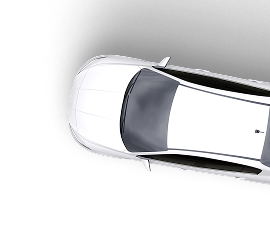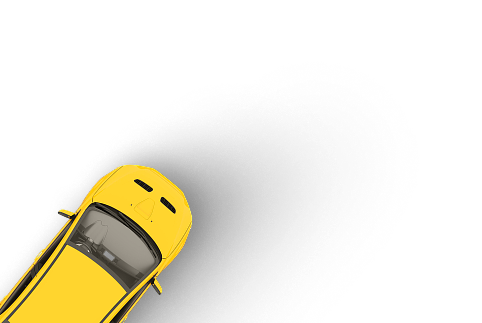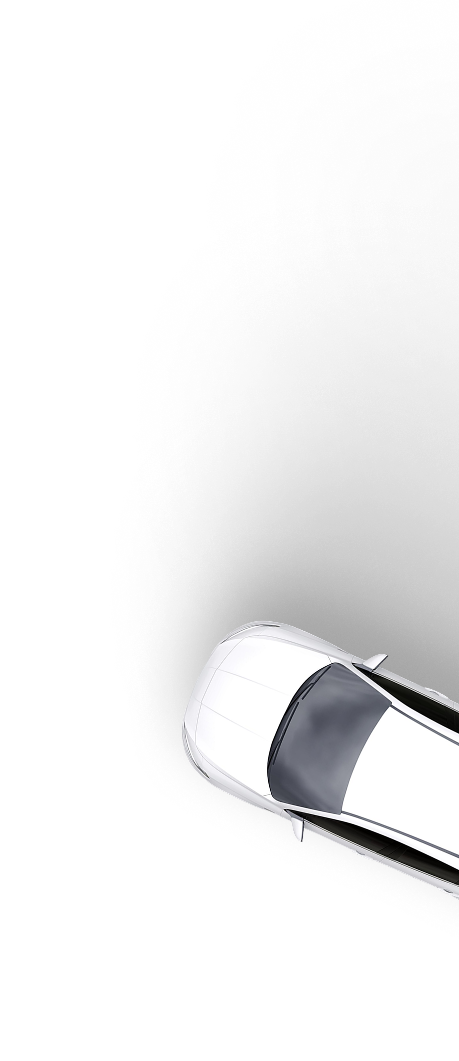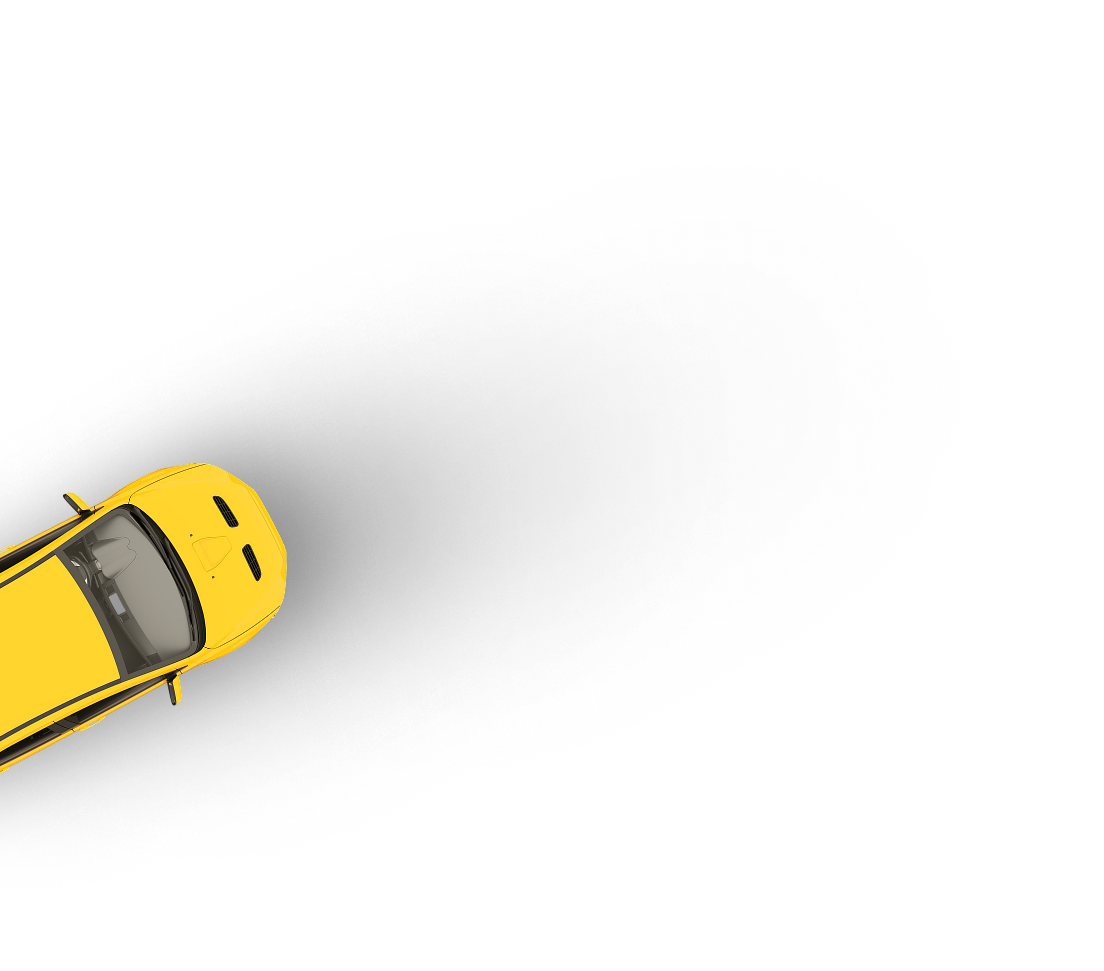Trade to trade car marketplace


Trade-only marketplace
Flexible selling options
Maximise your profits
This guide explains how to register a car bought at auction in the UK. Learn the exact steps, required documents, costs, and legal requirements so you can complete the process smoothly and get your vehicle on the road. Written for both private buyers and motor traders.
Last updated: 9th December, 2025

Listen to this story
Buying a car at auction is a fantastic way to get a great deal on a car if you know what you're doing. But once the hammer falls and you've secured your new vehicle, the job isn't done yet. You still need to get it legally registered before driving it.
The process is usually straightforward, but that depends on the paperwork you received and the condition of the car. Doesn’t matter where you bought it from. The same DVLA rules apply across the board.
In this guide, we’ll walk you through exactly what steps to take, documents you need, forms to fill out, and how long things typically take so you can get on the road quickly and legally.
The registration process depends entirely on the type of auction and the paperwork your car came with. Get this wrong, and you’ll delay registration or end up with a car you can't legally drive.
Public auctions are open to anyone. If you bought from one, the car should come with at least a V5C or the green “new keeper” slip. You’ll likely be treated as a private buyer, which makes the registration process easier and more predictable.
Trade-only auctions, like BCA, Manheim, or Trader.co.uk, are restricted to motor traders. If you're a trade buyer, you can expect more admin work, especially if the V5C is missing or the car has been written off.
If the car you’ve bought has a write-off history, its category matters:
Since Cat A and Cat B cars aren’t allowed to be driven, there’s a very low chance (if any) that you’ll come across one at an auction.
The V5C logbook proves who the registered keeper is. Chances are, any car you buy at auction will have it because most auction houses don’t allow cars without a V5C to participate.
When you complete the transaction, you’ll receive the “new keeper” slip, which is what you’ll use to register the vehicle in your name with the DVLA, tax it and insure it.
Before you can register and drive your auction car, it must be roadworthy and legally compliant. This includes any safety-critical repairs and an up-to-date MOT.
If your car was a Category S write-off, you must repair it and re-register it with the DVLA before driving it. For all other auction cars, it still needs to be roadworthy and MOT-compliant, but the rules don’t require re-registration.
If the car hasn’t been taxed or used for a few months, the MOT might still be “valid” on paper. But don’t take that at face value.
Why?
Best practice is to get a fresh MOT before registering, even if the old one hasn’t expired. It’s also worth mentioning some insurers will require this before they’ll activate cover.
No, VIC checks were scrapped in 2015.
You may still see references to them on older blogs or auction paperwork, but they’re no longer required by the DVLA. There is no need to book or request a VIC check before registering your vehicle, even if it was previously written off.
Before you can register your auction car, you need the right documents: vehicle registration (V5C), bill of sale, insurance and tax documents, a government-issued ID and proof of address. Without them, you won’t be able to tax the vehicle, apply for a logbook, or legally use it on the road.
You should receive the V5C/2 “new keeper” slip when buying from a public auction. This 12-digit green slip allows you to tax the car online and triggers the DVLA to issue a new logbook in your name.
You won’t get the full V5C unless you're the existing keeper or you're selling the vehicle on, so if the auction gives you the full logbook, something’s off. Confirm the car has been properly transferred to you.
If no V5C or V5C/2 is provided, you’ll need to apply for a new logbook using form V62. We strongly advise against buying a car without a V5C.
This proves ownership and is essential if you’re applying with a V62. The DVLA may reject your application without evidence that the sale actually took place.
Make sure your invoice includes:
You’ll need insurance in place before you can tax the vehicle. You can do this online (recommended) or at the Post Office. The DVLA checks the MID (Motor Insurance Database) automatically, so there’s no need to send in proof unless it’s requested.
Proof of identity and address
This is required if you’re registering by post or applying for a new V5C. A full UK driving licence covers both ID and address. If you don’t have one, use your passport and a utility bill or bank statement, dated within the last 3 months.


The steps to register your auction car depend on whether you received the new keeper slip. If you did, the process can be done online in a few minutes. If not, you’ll need to apply by post, and the DVLA warns against buying any vehicle without a V5C for good reason.
This is the standard and most efficient path. All you have to do is go to GOV.UK to tax the vehicle online. Use the 12-digit reference number from the new keeper slip. Once taxed, the DVLA will automatically send you a new V5C logbook in your name within 4 weeks.
You don’t need to fill out or send anything else. It’s the seller’s responsibility to take care of telling the DVLA they’ve sold the vehicle and dealing with the rest of the V5C. So you’re good to drive the car legally once it’s taxed, MOT’d and insured.
If you’ve bought a car without a V5C, you won’t be able to drive it right away. You’ll have to complete DVLA form V62 (“Application for a vehicle registration certificate”). You can download it from GOV.UK or get it at a Post Office.
There is a £25 fee for applying, which you will include by cheque or postal order, made payable to DVLA.
Along with the payment and V62, attach a detailed bill of sale showing:
Wait 4 to 6 weeks for your new V5C to arrive. It may take longer if the DVLA needs to confirm ownership.
Again, it’s worth mentioning the DVLA strongly advises against buying a car without a V5C. Cars without a V5C carry a significant risk of theft, finance and write-off history problems. Since the seller can easily complete a V62 form themselves and apply for a replacement V5C before handing over ownership, it also raises questions about why they haven’t yet.
If you buy a car with a V5C logbook, you’ll get the new keeper slip when you complete the transaction. From there, you can instantly tax and register it online. Your logbook will a rive in 2 to 4 weeks.
Without the V5C, it’ll take up to 6 weeks for your application to process. If there are discrepancies and the DVLA needs to investigate ownership, it’ll take even longer.
Award-winning CEO driving growth and social impact across automotive, recycling, and technology-led enterprise platforms.
We see a lot of confusion around auction cars and registration timelines. The most common issue is buyers assuming the V5C will be handed over like in a private sale, but that’s not always how it plays out. Always check whether you're getting the green slip (V5C/2), and don’t leave the auction yard without a detailed invoice. That one document will make or break your V62 application.
Registering a car bought at auction isn’t expensive, but there are a few mandatory and optional costs to be aware of. Budget for these in advance to avoid frustration on the day you go to finish the transaction.
If the car didn’t come with a V5C or green slip (V5C/2), you’ll need to apply for a new logbook using form V62. This carries a £25 DVLA fee, payable by cheque or postal order.
VED (road tax) has to be paid before you drive it anywhere. The cost depends on:
For most used petrol or diesel cars, expect to pay anywhere from £20 to £600+ per year. You can use the this vehicle tax checker to find out how much you’ll need to pay.
If the car is a Category S write-off, the DVLA may request extra documentation or an inspection before registering it again. While there’s no standard DVLA inspection fee, it normally costs somewhere between £50 and £150 if needed.
Auction houses may also charge admin or document fees. This is common at trade-only sales. These also range from £50 to £150, depending on the seller.
If you delay registering a vehicle you’re using on public roads, you could face:
A few extras you might want to budget for:
You can register your vehicle in one of three ways, depending on what documents you have and the car’s condition. Each method has its own requirements, so choose the one that fits your situation.
Use this route if you’re applying with a V62 form or need to re-register a Category S car. Post the completed form, supporting documents, and payment to the DVLA:
DVLA
Swansea
SA99 1DD
If you want to tax the vehicle at the same time as you apply for a new V5C, head to a Post Office that handles vehicle tax.
Bring:
They’ll process the tax and send your documents to the DVLA on your behalf.
This method is only available when the auction provided the correct paperwork. Once done, DVLA posts the new logbook automatically and there’s no need for you to send anything.
Here’s the correct order:
If you’re buying auction cars as a trader, the registration process and rules are different from those for private buyers. You’ll need to meet legal requirements, follow DVLA procedures and maintain proper records.
To register cars as a trader, you must:
If you deal in used cars (like one you’re buying at auction), you may choose to use the VAT margin scheme, which taxes only the profit margin rather than the full sale price.
When you acquire a vehicle to bring into trade, use the DVLA’s online motor trader notification service to remove the previous keeper and mark the vehicle as "in trade”.
If online submission isn’t possible, the seller has to post section 9 (yellow slip) of the V5C to DVLA, Swansea, SA99 1BD.
As a trader, it’s also best practice to keep detailed invoices and sales records (including VIN, sale price, etc.).
Registered motor traders can legally drive untaxed or unregistered vehicles using trade plates so long as they have a valid trade licence. This is for when you're moving vehicles between locations or offering test drives before reselling the car.
Trade plates are temporary registration numbers issued to motor traders. They allow you to drive vehicles on public roads without taxing or registering each one individually, as long as it's for a business-related purpose.
To apply for your first trade licence (and get trade plates), complete:
You’ll need to include a copy of your motor trade insurance certificate, details of your motor trade business and payment for the appropriate fee (~£90.75 for a 6-month licence or ~£165.00 for a 12-month one).
Buying a car at auction comes with extra responsibility. To get your new vehicle on the road legally, you’ll need to navigate DVLA rules, make sure it’s roadworthy, and gather the right paperwork.
Whether you're a private buyer or a motor trader, always check for a V5C, understand the car’s status and act fast to register, tax and insure it.
Skip a step and you risk delays, fines or worse: owning a car you can’t legally drive.
Yes, but it’s more complicated and carries extra risk. You’ll need to apply using a V62 form and provide a bill of sale. We strongly advise against buying without one because it raises questions about the integrity of the vehicle and seller.
It usually takes 2 to 6 weeks. If you recently bought the car without a V5C, expect delays while the DVLA confirms ownership and checks for issues like finance or theft.
Yes. You must register the vehicle, tax it and insure it before using it on public roads. Driving it beforehand is illegal and might result in fines, points or seizure if you’re caught.
You won’t be able to legally drive, tax, or insure the vehicle if you don’t register it. The previous keeper may still be held responsible for it if they haven’t completed anything on their end, and you risk fines or DVLA enforcement.
If you're a registered motor trader buying the car into stock, you don’t need to register as the keeper. Instead, you notify DVLA using their online trade intake service (or receive section 9 (V5C/3) to submit by post) to mark the vehicle as "in trade".

